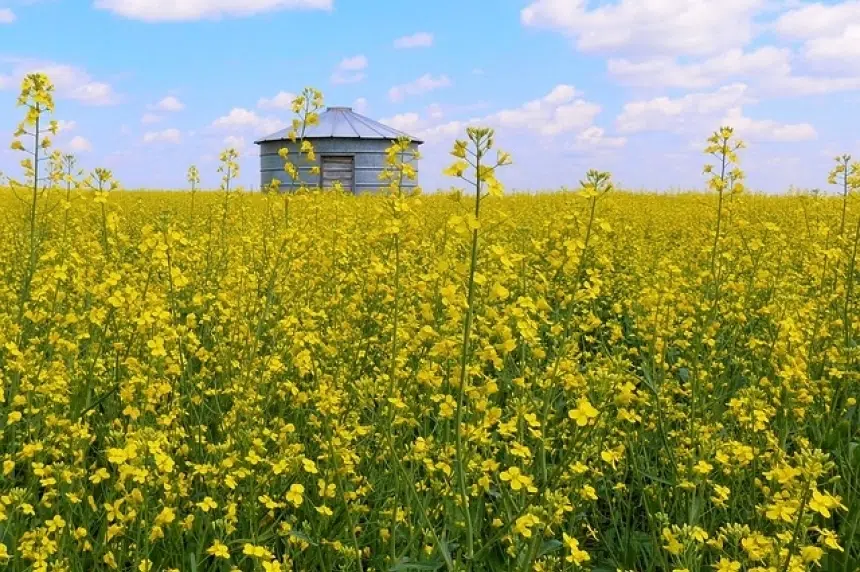The president of the Agricultural Producers Association of Saskatchewan said setting a record for agricultural exports during the COVID-19 pandemic speaks volumes about the province’s abilities.
“I think it shows that what’s produced here in Saskatchewan for agriculture products is what people want around the world,” Ian Boxall said Monday.
“The targets that have been set out by the government year over year for exports we’ve hit, and I’m sure we will for the targets we have set out at the end of the decade.”
According to the provincial government, Saskatchewan’s agricultural exports reached $17.5 billion in 2021. The previous record set in 2020 was $16.4 billion.
The main exports include canola seed, canola oil, non-durum wheat, lentils, durum and dry peas, with top international market destinations including the United States, China, Japan and Mexico.
Overall, canola oil has seen a tremendous uptick in several different countries. There was a 50 per cent increase in the value of canola exports since 2020, which included a 72 per cent increase to the United States.
Boxall says there’s the potential for the value of canola oil exports to keep rising in other countries around the world.
“As people around the world start trying to eat healthier, I think the health of canola shows it,” he said.
“It also shows we’ve had a lot of investment in Saskatchewan in our canola industry and we have a whole bunch more coming, which is great.”
The province has other growth plan goals, according to its media release. Those include increasing crop production to 45 million tonnes, agriculture exports to $20 billion and value-added revenue to $10 billion by the end of this decade.
Boxall said depending on certain circumstances, those numbers should be reached.
“If we’re given the right environment to succeed, producers will succeed and we will hit the numbers the government wants us to hit,” he said.
However, the current trucker convoy is affecting business not only in Saskatchewan but around the country.
“I think it is affecting some producers when it comes to supply chains. I think it’s affecting the cattle and livestock sector when it comes to fees coming up and shipments of animals,” Boxall explained.
“We’re hearing (protesters) are letting the live animals (and) trucks through but there are delays, so it is affecting those sectors.”
Boxall says these delays can’t go on much longer through border crossings with the United States before the industry starts to see consequences.







